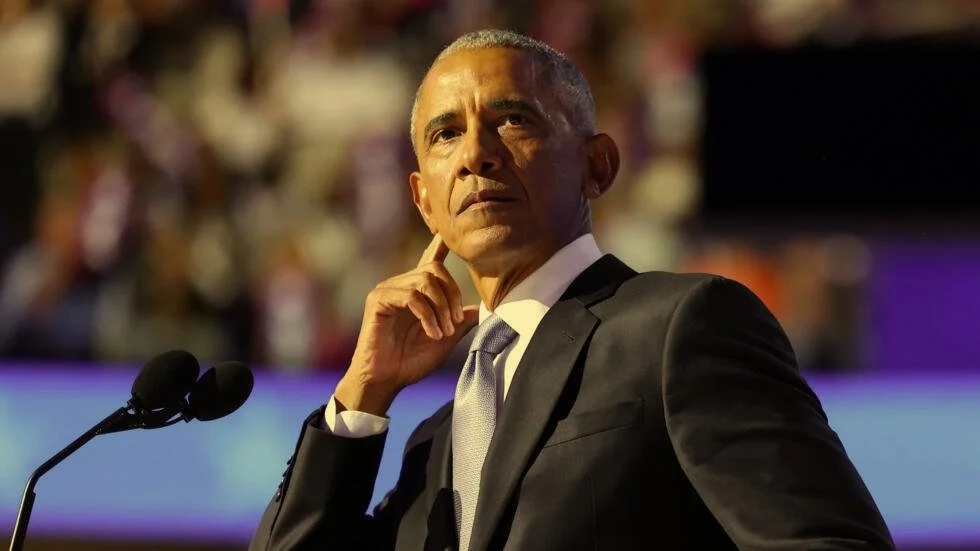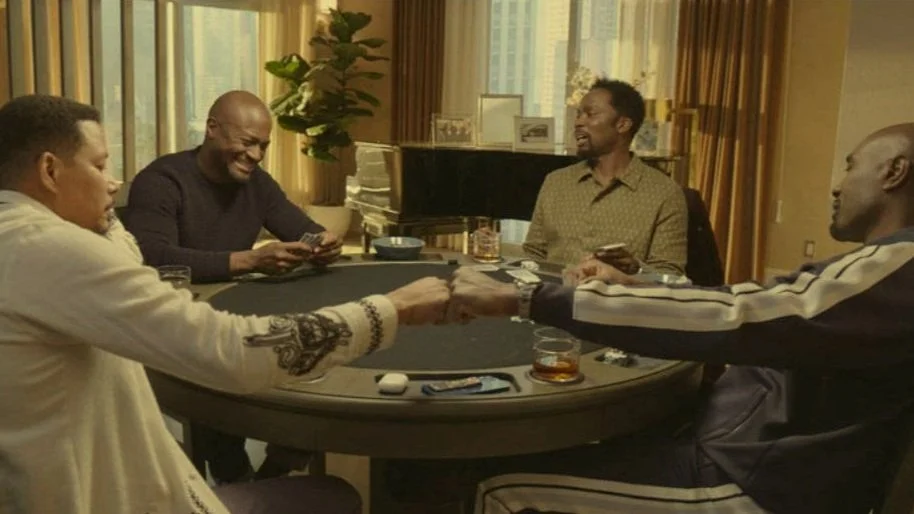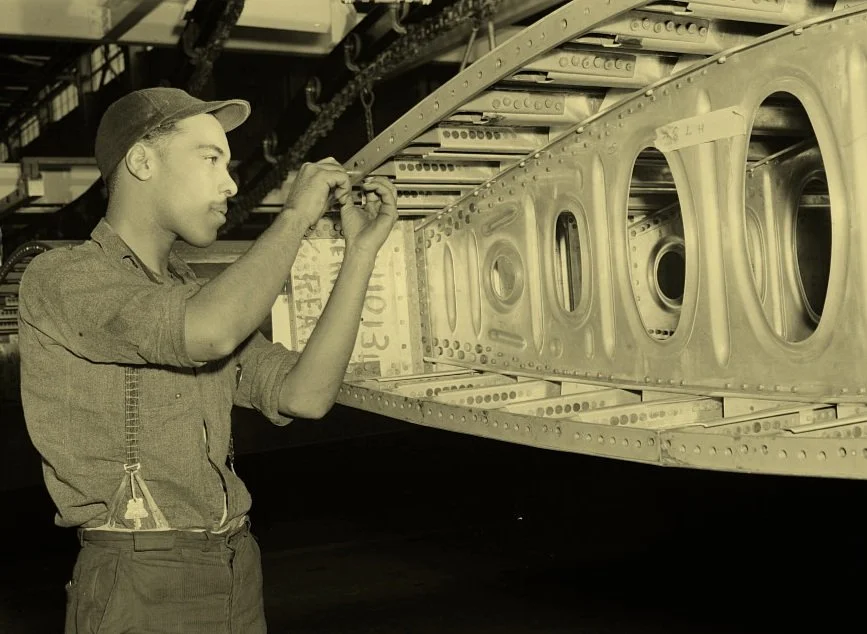A Response to Obama’s Remarks on Black Men and Kamala Harris
I was offended—deeply offended—when President Barack Obama recently addressed Black men about their supposed hesitancy to vote for Kamala Harris because she is a Black woman. I understand he believes he’s speaking to the doubts and fears some of us may carry. But when a Black man, once the most powerful man in the world, stands before us and suggests that our reluctance to vote stems from some deep-seated discomfort with the presence of a Black woman in power, I can’t help but ask—who are you talking to? And more importantly, what assumptions are you making about us?
Some have said, "He wasn’t talking about you specifically. He was talking about them." The ones supposedly holding back, the ones uneducated on the issues, or the ones who allegedly can’t see the significance of a Black woman in the White House. But here’s where I draw the line—who is this they? Are they the same brothers with rough hands and aching backs after years of labor in factories, on construction sites, or driving trucks across the nation? Or the Black men working two or three jobs, just to provide for their families in a country that’s systematically excluded us from wealth-building? Are they the brothers who have seen and experienced firsthand the barriers to upward mobility? Are they the ones we’re calling hesitant?
Because I can’t—and won’t—separate myself from them. Those are my people, and I stand with them. When I walk into the barbershop, waiting for my turn in the chair, I sit beside men from every walk of life. We are doctors, lawyers, barbers, truck drivers, construction workers, engineers, data scientists, accountants, delivery men, and business owners. But once we’re inside that space, we are just Black men—united, discussing the issues that affect us all. There’s no hierarchy. No "you people" versus "those people." There is no hesitancy to be ashamed of. We are not divided.
“Black Men Lead in Support for Gender Equality: 84% Strongly Advocate for Equality, Outpacing Other Male Demographics”
Let’s talk about what is true. Black men, collectively, support progressive policies more than any other group of men. We have consistently shown up and advocated for justice, equity, and fairness. And when it comes to gender equality, Black men lead all groups of men in our support. A Pew Research Center study from 2020 found that 84% of Black men strongly support gender equality, more than any other demographic of men in this country. Black men are not holding Kamala Harris back. We are not stumbling over the fact that she is a Black woman. What we are doing is considering the complexity of American politics, our position within it, and the hard-won lessons we’ve learned about who we can and cannot trust in power.
Obama’s words tap into a familiar narrative, one that sees Black men as inherently problematic, as needing correction. It's a story as old as America itself. This idea—that Black men don’t know what’s best for them or that we need to be lectured on how to cast our votes—is drenched in paternalism. It assumes that we’re not already thinking critically about the choices in front of us. And it misses the broader context of our experiences in this country.
You see, I come from a blue-collar town just south of Detroit. I was raised by Black men who built this country—who worked the factory floors, maintained the infrastructure, and kept the engine of America running, often without recognition. Their hands were hard and weathered, their lives difficult, but they didn’t need lectures on responsibility or political engagement. They lived it. They embodied it every day. So when Obama addresses us like we don’t understand the stakes of this election, like we don’t know what it means to have a Black woman in the White House, I have to wonder—has he forgotten the community he came from?
In our community, when Black men come together, we stand in a circle. That circle is a space of trust, equality, and brotherhood. There is no “them” in that circle—there is only us. And in that circle, you don’t talk at us. You don’t assume we don’t understand or know what’s best for us. You speak with us. You share your thoughts, and you listen to ours. You engage in a conversation, not a lecture.
So, Mr. President, the next time you feel the need to address Black men’s supposed hesitancy, here’s my advice: Don’t. Instead, if you truly want to engage with us, come join the circle. Speak with us, not to us. Listen, instead of assuming we need your correction. Because we don’t.
Black men are thoughtful. We are strategic. And we understand this nation far better than many give us credit for. After all, we have lived in its shadow and endured its weight for generations. We don’t need anyone to tell us how to vote. We live this America every day. We feel the weight of its promises and betrayals. And while many may attempt to paint us as the obstacle, the hesitant ones, we know better. We are neither hesitant nor uninformed. We are engaged. And we know full well what our votes mean, for ourselves, for our families, and for the country we continue to build.
So, if you want to talk to us about Kamala Harris, or any other issue, come join us in the barbershop. Sit with us. Listen. And when the bottle gets passed around, take a sip, because only then can we begin to have a real conversation. Only then can you speak to us as men—Black men who are ready to engage with the future, just as we always have.



